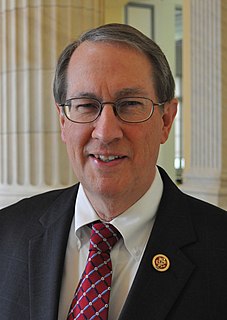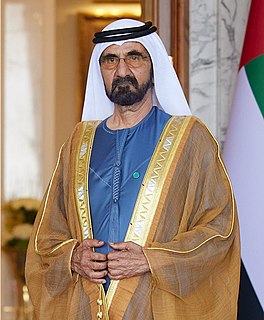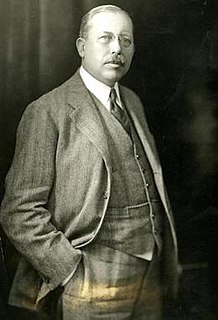A Quote by Edsger Dijkstra
Our intellectual powers are rather geared to master static relations and that our powers to visualize processes evolving in time are relatively poorly developed. For that reason we should do (as wise programmers aware of our limitations) our utmost to shorten the conceptual gap between the static program and the dynamic process, to make the correspondence between the program (spread out in text space) and the process (spread out in time) as trivial as possible.
Related Quotes
A guest worker program should help farmers who are willing to pay a fair wage for law-abiding, dependable workers - not punish them ... And for this reason I support replacing the H-2A program and implementing new policies that will bring our illegal agricultural workers out of the shadows, as a first step in the process of overhauling our nation's immigration system.
If we can avoid disaster for the next two centuries, our species should be safe as we spread into space. If we are the only intellegent beings in the galaxy we should make sure we survive and continue. . . . Our only chance of long-term survival is not to remain inward looking on planet Earth but to spread out into space. We have made remarkable progress in the last hundred years. But if we want to continue beyond the next hundred years, our future is in space.
The dynamic drives of modern economic growth, in the countries that entered the process ahead of others, meant a reaching out geographically; and the sequential spread of the process, facilitated by major changes in transport and communication, meant a continuous expansion to the less developed areas.
The best defence [for a democracy, for the public good] is aggressiveness, the aggressiveness of the involved citizen. We need to reassert that slow, time-consuming, inefficient, boring process that requires our involvement; it is called 'being a citizen.' The public good is not something that you can see. It is not static. It is a process. It is the process by which democratic civilizations build themselves.
Unfortunately, the relations between the United Kingdom and Russia have not developed in the best possible way; however, it has never been our fault. It was not we who decided to discontinue relations with the United Kingdom; it was the UK who preferred to "freeze" our bilateral contacts in various fields.
Any nation that expects to be ignorant and free," Jefferson said, "expects what never was and never will be." And if the gap between the educated and the uneducated in America continues to grow as it is in our time, as fast as or faster than the gap between the rich and the poor, the gap between the educated and the uneducated is going to be of greater consequence and the more serious threat to our way of life. We must not, by any means, misunderstand that.
It is with great satisfaction that I have signed into law the Social Security Amendments of 1961. They represent an additional step toward eliminating many of the hardships resulting from old age, disability, or the death of the family wage-earner. A nation's strength lies in the well-being of its people. The Social Security program plays an important part in providing for families, children, and older persons in time of stress, but it cannot remain static. Changes in our population, in our working habits, and in our standard of living require constant revision.
I spent a lot of time studying our Founders and people like Samuel Adams and the original Tea Party. What Adams and the Sons of Liberty did in Boston was spread the word about the abuses of the British. They had Committees of Correspondence that got the word out to the colonies. We need Committees of Correspondence now, and we are getting them.





































